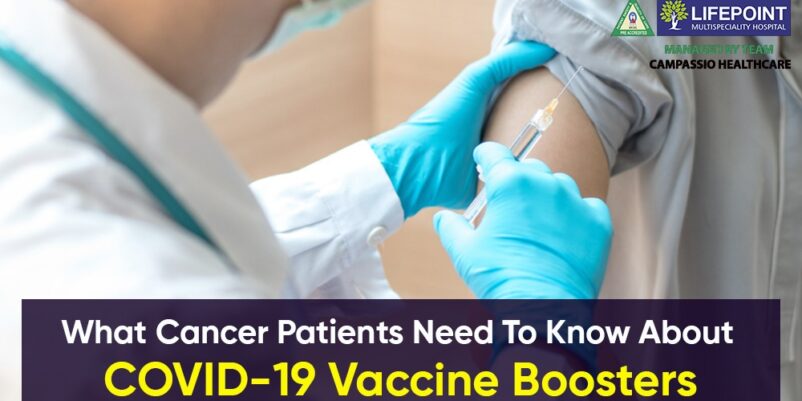It may not always be necessary to bring in new players to lift a struggling team – just an injection of fresh energy, talent, and enthusiasm. According to that idea, cancer patients, those with weakened immune systems, and other Americans at risk of contracting the COVID-19 virus should receive additional shots of the vaccine.
According to health experts, these additional vaccine shots are designed to provide better protection to people with weakened immune systems who did not get enough protection from their first two vaccines and those whose immunity may have started to wane months after their double dose.
Are booster shots the same as additional shots?
There’s not much. To conceptualize them as similar shots, the only difference between them is that they have different names based on the reasons they are given:
- An extra dose of mRNA is given after a sufficient period has elapsed since the initial dose of the vaccine; experts say no less than six months when immunity against the virus is more likely to wane. Pfizer has been the only company to receive approval for the booster, and the American Medical Association recommends it for frontline doctors and nurses at high risk of exposure.
- The third shot is administered to people with weakened immune systems, such as cancer patients, who may not have gotten sufficient protection from their initial shots and could benefit from an extra dose to protect themselves against infection. The CDC recommends Pfizer and Moderna be administered 28 days after the second shot to be used as third shots. Those receiving active cancer treatment should discuss the timing of the shot with their doctor.
There is no difference in dosages among the two types of shots, and they both encourage the immune system to function better.
According to Jeffrey Metts, MD, Chief of Staff at Cancer Treatment Centers of America®, Atlanta, “sometimes we get too caught up in terminology and definitions.”. Immune boosters are intended to get our immune system back up to its level before. It’s not uncommon for us to get boosters for other kinds of vaccines throughout our lives. A third dose is recommended for those who may not have responded to the first two doses.”
What are the eligibility requirements for family members and caregivers?
If they do not meet the criteria of the CDC, then no. In general, family members and caregivers who have been fully immunized and have no underlying medical conditions would be sufficiently protected from the virus. Consult your physician if you’re uncertain if you are eligible.
Can cancer patients get any other vaccinations or boosters?
There are many infections cancer patients can contract, not just COVID-19. The flu season is approaching, so cancer patients should talk to their doctors about the timing of their flu vaccine. Additionally, it would be best if you discussed whether additional vaccines or boosters are needed, such as those for shingles, tetanus, and pneumonia. As well as ensuring their vaccines are up-to-date, family members and caregivers should also do so.
How can cancer patients protect themselves
in addition to these steps?
To reduce exposure to COVID-19, caregivers and their families should continue to take the following steps:
- Consider wearing a mask and encouraging those around you to do the same.
- It is best to avoid large crowds and keep your distance from other people when feasible.
- Use hand sanitizer frequently and wash your hands often.
- Stay home when you’re sick to stay away from sick people.
- Have regular tests to ensure you’re healthy.

